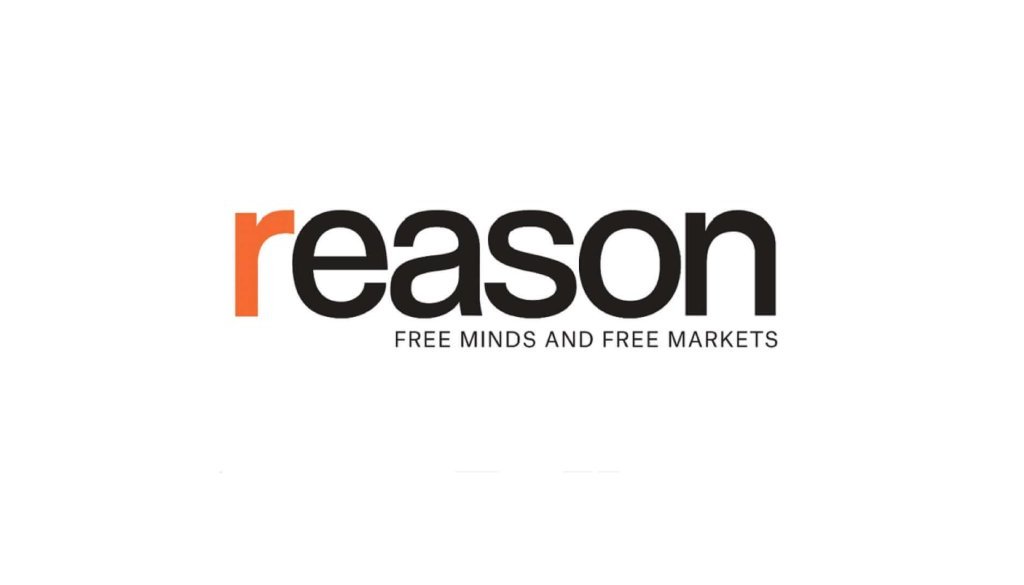Brazilian President Blames Markets for Inequality. He’s Wrong.
Brazilian President Luiz Inácio Lula da Silva railed against free markets at the Group of 20 (G20) social summit on Saturday. Lula’s remarks reflect credulity in the ability of technocrats to solve social ills and an ignorance of economic history.
The first G20 summit convened in September 2008 to respond to the financial crisis, promote global economic and stability. While the G20 has historically viewed these goals through the lens of its political and financial pillars, this year’s summit marked the addition of a social pillar, which Lula described as “where the collective will and expression takes shape.”
In his speech, Lula argued that more bureaucratic intervention in daily life is required because “neoliberalism has worsened the economic and political inequality.” But the opposite is true. From 1975 to 2015—the neoliberal era—incomes converged internationally. The worldwide Gini coefficient, a measure of economic inequality, decreased from 68.7 to 64.9 between 2003 and 2013 and is projected to fall to 61.3 by 2035, according to economists Tomas Hellebrandt and Paolo Mauro.
Meanwhile, the number of free countries has nearly doubled from 44 in 1973 to 84 in 2023, according to Freedom House, a nonprofit that assesses the global state of political rights and civil liberties.
Lula also called for the permanent mobilization of member countries to “drive forward the work of the Global Alliance against Hunger and Poverty and advance on the taxation
Article from Latest

The Reason Magazine website is a go-to destination for libertarians seeking cogent analysis, investigative reporting, and thought-provoking commentary. Championing the principles of individual freedom, limited government, and free markets, the site offers a diverse range of articles, videos, and podcasts that challenge conventional wisdom and advocate for libertarian solutions. Whether you’re interested in politics, culture, or technology, Reason provides a unique lens that prioritizes liberty and rational discourse. It’s an essential resource for those who value critical thinking and nuanced debate in the pursuit of a freer society.



